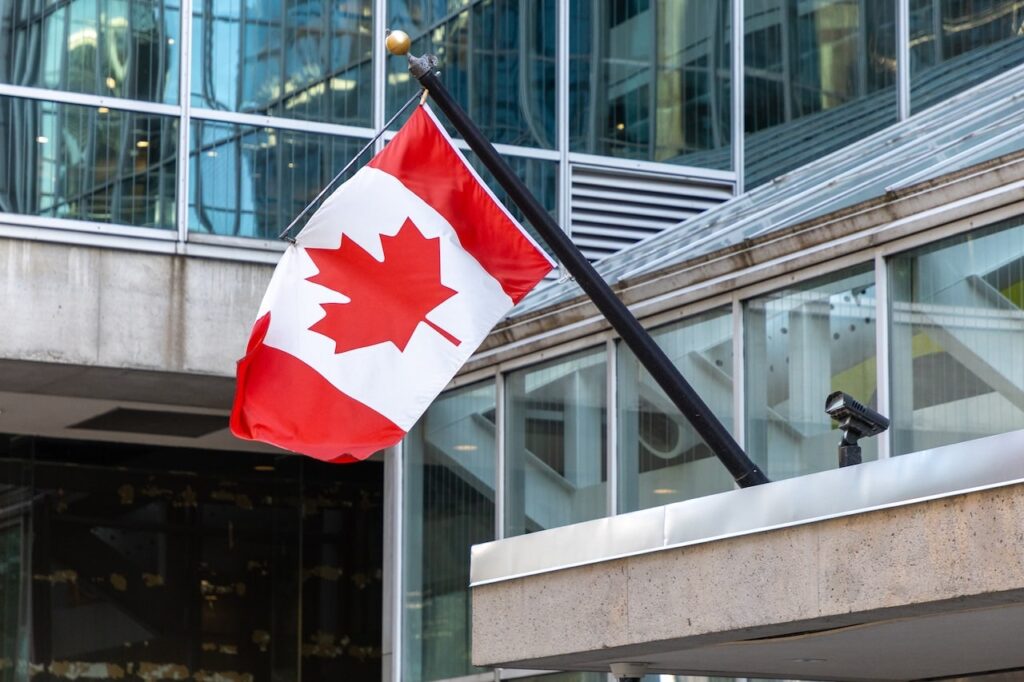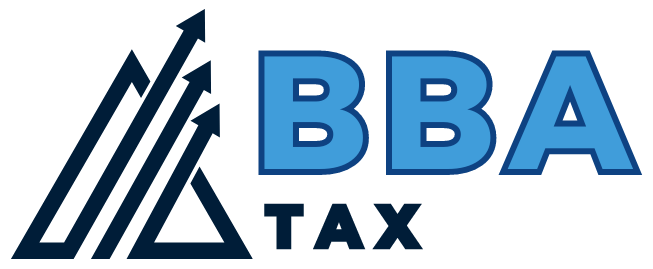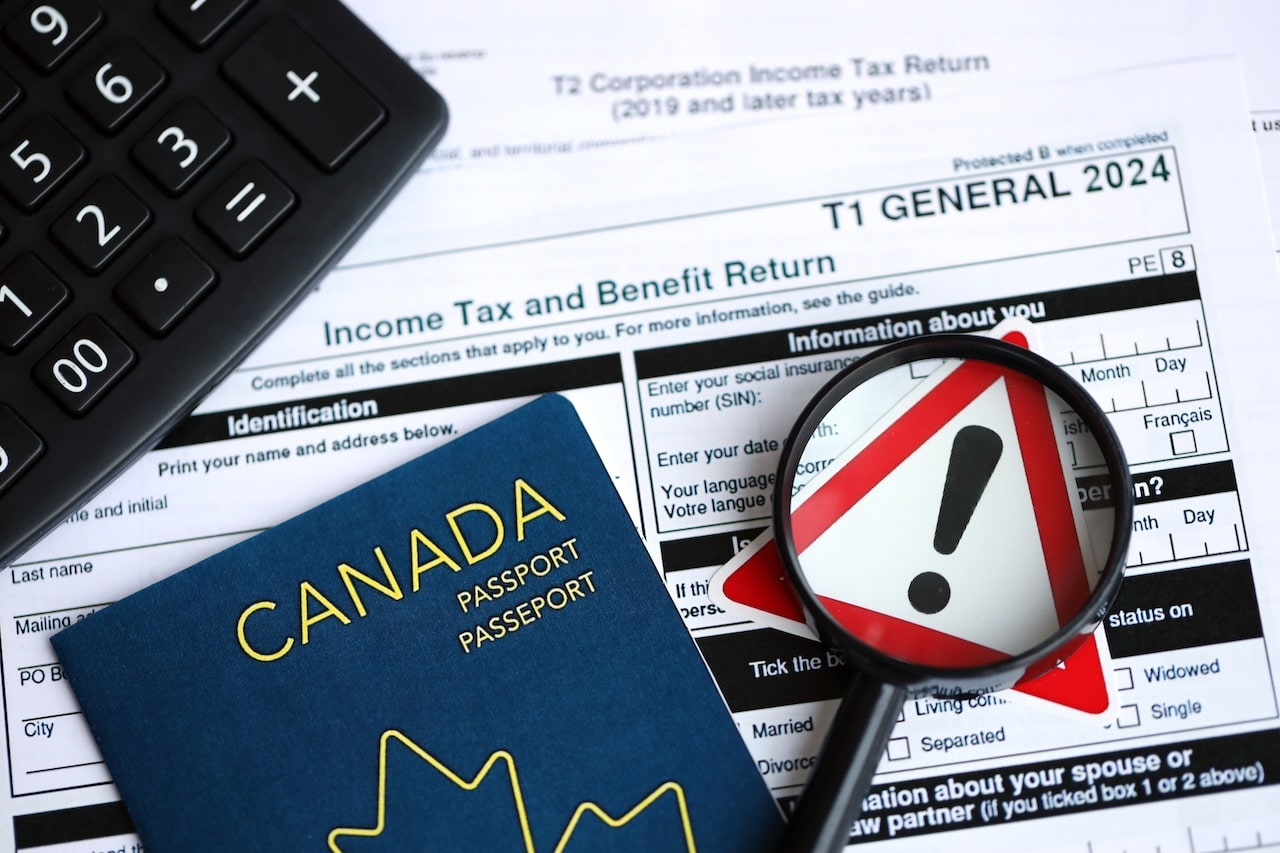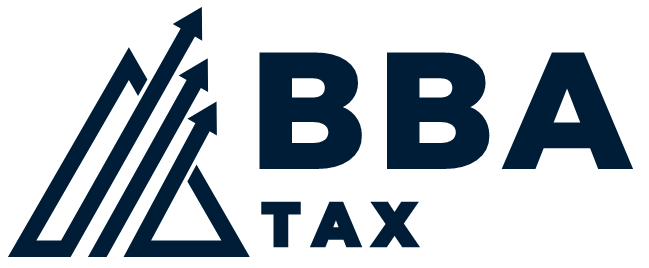If you’re a business owner in Canada, the words “CRA audit” can send a shiver down your spine. But here’s the truth: not all audits are cause for panic, and many are preventable. By understanding what triggers an audit from the Canada Revenue Agency (CRA), you can take strategic steps to stay compliant and avoid unnecessary scrutiny.
At BBA Tax in Ottawa, we’ve helped countless small businesses, corporations, and self-employed individuals successfully navigate audits. This guide explains everything you need to know about what causes a CRA audit, the red flags the CRA looks for, and how you can protect yourself and your business from future complications.
Table of Contents
- Introduction to CRA Audits
- What Is a CRA Audit?
- Why the CRA Audits Businesses
- Top Red Flags That Trigger CRA Audits
- Unreported Income
- Large Business Expenses
- Home Office Deductions
- Frequent Business Losses
- Cash-Based Businesses
- Shareholder Loans
- Discrepancies in T4, T5, or T5018 Slips
- Lifestyle Mismatches
- Excessive Charitable Donations
- GST/HST Filing Errors
- Common Industries Targeted by the CRA
- How CRA Selects Taxpayers for Audit
- What Happens During a CRA Audit?
- Your Rights and Responsibilities During a CRA Audit
- How to Minimize Your Audit Risk
- What To Do If You’re Audited
- How BBA Tax Can Help with CRA Audits
- Final Thoughts
1. Introduction to CRA Audits
Whether you’re a startup founder, self-employed contractor, or run a long-standing business in Ottawa, being audit-ready should be part of your tax strategy. The Canada Revenue Agency is responsible for ensuring businesses and individuals pay their fair share of taxes — and that means investigating returns that raise questions.
2. What Is a CRA Audit?
A CRA audit is an official review of your financial records and tax filings to confirm that your tax obligations are accurate and complete. CRA auditors may request documentation, receipts, bank statements, payroll records, and other supporting documents. An audit may be conducted via phone, mail, or in-person.
3. Why the CRA Audits Businesses
The CRA audits for several reasons:
- To detect tax evasion or underreporting
- To ensure businesses follow tax laws
- To recover unpaid taxes
- To maintain fairness across the tax system
In most cases, audits are triggered by anomalies or red flags in tax returns — but random selection also plays a role.
4. Top Red Flags That Trigger CRA Audits

1. Unreported Income
If your business income doesn’t match CRA records (e.g., T4A, T5 slips, bank deposits), the CRA may suspect underreporting. This is a common red flag, especially for cash-heavy businesses.
2. Large Business Expenses
Claiming high expenses — especially in areas like travel, meals, or entertainment — without proper documentation can raise questions. The CRA will want to ensure these are reasonable and legitimate business costs.
3. Home Office Deductions
Many small business owners and self-employed individuals claim a home office deduction. However, overestimating the space used exclusively for business or including ineligible expenses can attract CRA attention.
4. Frequent Business Losses
If your business reports consecutive years of losses while still operating, the CRA may question whether it’s a business or a hobby. To deduct losses, your business must be run with the intention of making a profit.
5. Cash-Based Businesses
Businesses in industries like hospitality, construction, and personal services that operate heavily in cash are more likely to be audited. The CRA closely monitors these sectors for unreported income.
6. Shareholder Loans
If your corporation has issued shareholder loans that aren’t repaid or declared as income, this can trigger an audit. These loans must be handled carefully to avoid being taxed as personal income.
7. Discrepancies in Tax Slips
Mismatches between amounts reported by employers or clients (on T4s, T5s, or T5018s) and what you report on your return can be a major red flag.
8. Lifestyle Mismatches
If your personal lifestyle — homes, cars, vacations — doesn’t align with your declared income, the CRA may suspect unreported income or aggressive tax planning.
9. Excessive Charitable Donations
While charitable donations are tax-deductible, large or frequent donations relative to income may raise questions. The CRA may request receipts or further proof of the donations.
10. GST/HST Filing Errors
Failing to register for GST/HST when required, or filing inconsistent returns, can flag your business. Make sure your GST/HST filings align with income and expense reports.
5. Common Industries Targeted by the CRA
While any business can be audited, the CRA pays extra attention to certain sectors, including:
- Construction and trades
- Restaurants and food services
- Auto repair shops
- Real estate agents and property managers
- Freelancers and consultants
- Retail (especially with high cash sales)
If your business operates in any of these industries, accurate bookkeeping and compliance are essential.
6. How CRA Selects Taxpayers for Audit
CRA audit selection methods include:
- Computer-generated risk assessment
- Industry benchmarking
- Comparison to previous returns
- Tips or whistleblower reports
- Random selection
7. What Happens During a CRA Audit?

During an audit, you may receive a letter or call outlining:
- What is being audited (personal, corporate, GST/HST)
- The period being reviewed
- Documentation required
- The auditor’s contact information
Audits can be done by mail (desk audit) or on-site at your office or accountant’s office. You may be asked to provide:
- Bank statements
- Sales invoices
- Payroll records
- Expense receipts
- Corporate minute books
After the audit, the CRA will issue a proposal letter. You’ll have 30 days to respond or object. If they make adjustments, you’ll receive a Notice of Reassessment.
8. Your Rights and Responsibilities During a CRA Audit
As a taxpayer, you have the right to:
- Be treated professionally and with respect
- Receive clear communication
- Disagree with CRA findings and appeal decisions
You also have the responsibility to:
- Keep accurate financial records
- Respond to CRA in a timely manner
- Provide documentation when requested
9. How to Minimize Your Audit Risk
Here are key strategies to reduce your audit risk:
- Maintain detailed, organized records
- File returns accurately and on time
- Use accounting software to track income/expenses
- Keep copies of receipts, invoices, and bank records for 6 years
- Avoid claiming unusually high expenses without justification
- Work with a qualified tax accountant in Ottawa like BBA Tax
10. What To Do If You’re Audited
If you are audited:
- Stay Calm – Don’t panic or jump to conclusions.
- Review the CRA letter carefully – Understand what is being requested.
- Gather your records – Be organized and professional.
- Contact BBA Tax – Our experienced accountants can represent you and handle correspondence with the CRA.
- Respond promptly – Always meet CRA deadlines to avoid penalties.
11. How BBA Tax Can Help with CRA Audits

At BBA Tax, we specialize in:
- CRA audit defense and representation
- Reviewing and preparing documentation
- Communicating with CRA on your behalf
- Ensuring your rights as a taxpayer are protected
Whether you’re facing an audit now or want to avoid one in the future, our team of experienced Ottawa tax accountants will ensure your books are in order, your returns are compliant, and your business is prepared.
12. Final Thoughts
CRA audits can be stressful, but they’re not the end of the world — especially if you have a reliable accounting partner on your side. The best defense is preparation. Keep your records clean, file your taxes honestly, and work with trusted professionals who understand the system inside and out.
BBA Tax offers full-service audit support and tax compliance for small businesses, corporations, and self-employed professionals in Ottawa and across Canada.
Need help with CRA audit defense or tax filing?
Contact BBA Tax today to speak with a qualified Ottawa tax accountant and protect your business from costly surprises.



